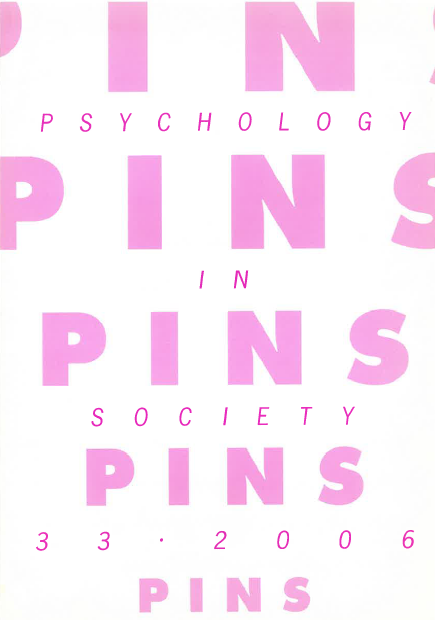“HAVE YOU HEARD THE ONE ABOUT THE LAWYER, THE POLITICIAN AND THE PSYCHOLOGIST?”: SOME OTHER ISSUES RAISED BY THE STATE V JACOB ZUMA RAPE TRIAL
DOI:
https://doi.org/10.17159//2309-8708/2006/n33a3Abstract
In the mid-afternoon of 8 May 2006, Willem van der Merwe, presiding judge in the State v Jacob Gedleyihlekisa Zuma rape trial, concluded his judgement with these words: “[The] state has not proved the accused’s guilt beyond reasonable doubt. The accused is found not guilty and is discharged” (HCSA, 2006:174). At the end of this inimical trial and after the media frenzy surrounding it abates, it seems we want to move too quickly on to the next thing. We want succinct, non-taxing commentaries about the trial from experts and from leaders, both moral and political, so that we can get on with dealing or not dealing with, as Arundhati Roy suggests, life in a country of disparity (Roy, 2002:169). Consider, for example, an appraisal of the trial which was offered recently by one legal expert: “The judge in preferring the Zuma version, was assisted by two fundamental problems in the state case: shoddy police work led to the rejection of state evidence on some key issues that may have pointed to the improbability of the Zuma version; and an inadequate [sic] use of accepted psychometric testing by the state’s
expert witness to justify her opinion as to the probable responses of the complainant when faced with impending rape” (Ridl, 2006:1). In a country where there are too many examples of police and professional incompetence, no toll is exacted on us when we accept such opinions at face value: there is no need for us to act and we, the passive citizenry, can continue to leave the project of societal transformation up to someone else. These and some other issues, including the few with which I grapple here that are specific to psychology, are raised by the State v Jacob Gedleyihlekisa Zuma rape trial.
Downloads
Downloads
Published
How to Cite
Issue
Section
License
This journal is an open access journal, and the authors' and journal should be properly acknowledged, when works are cited.
Authors may use the publishers version for teaching purposes, in books, theses, dissertations, conferences and conference papers.
A copy of the authors’ publishers version may also be hosted on the following websites:
- Non-commercial personal homepage or blog.
- Institutional webpage.
- Authors Institutional Repository.
The following notice should accompany such a posting on the website: “This is an electronic version of an article published in PINS, Volume XXX, number XXX, pages XXX–XXX”, DOI. Authors should also supply a hyperlink to the original paper or indicate where the original paper (http://www.journals.ac.za/index.php/pins) may be found.
Authors publishers version, affiliated with the Stellenbosch University will be automatically deposited in the University’s’ Institutional Repository SUNScholar.
Articles as a whole, may not be re-published with another journal.
The copyright of the article(s) lies with the author(s).
The copyright of the journal lies with PINS-psychology in Society.
The following license applies:
Attribution CC BY-NC-ND 4.0 - https://creativecommons.org/licenses/by-nc-nd/4.0/

